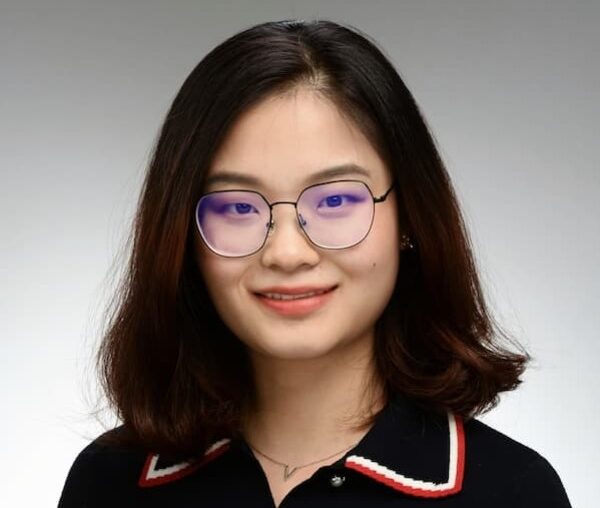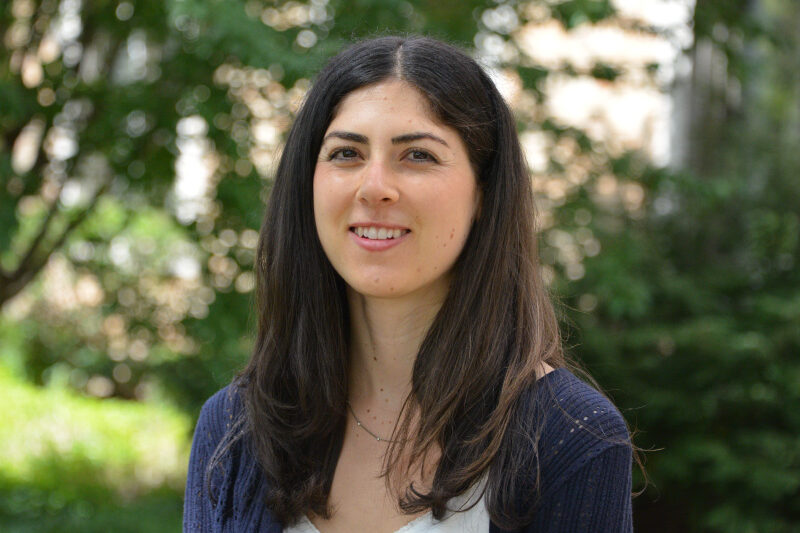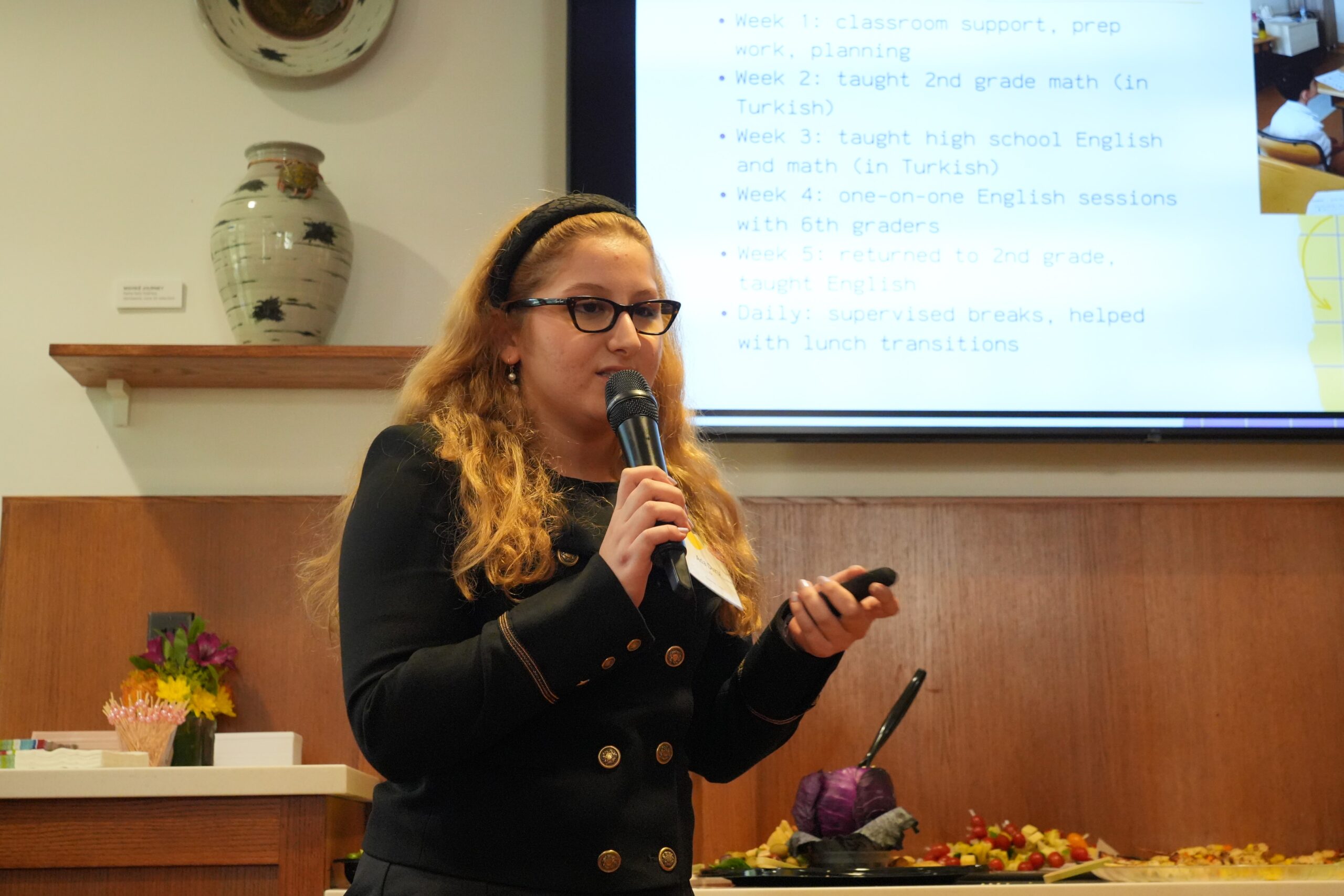ReSearching for the Common Good: Yunyan Zhao
May 14, 2024
As an interdisciplinary academic institute, the Institute for Social Concerns leverages research to respond to the complex demands of justice and to serve the common good. This series, ReSearching for the Common Good, highlights some of the scholars in our community.

Yunyan Zhao is a doctoral student in the Department of Psychology at the University of Notre Dame. She received her B.Sc. in psychology from Central China Normal University and M.Ed. from Beijing Normal University.
Zhao is a 2024–25 Graduate Justice Fellow of the Institute for Social Concerns.
What are you researching right now?
My work explores how family relationships—especially between siblings—shape young people’s emotional and social development. I am particularly interested in families from marginalized or under-resourced communities, where stress from economic hardship and structural inequalities is often greater.
In one long-term study of 246 Mexican-origin families, we found that teens whose fathers reported high levels of marital conflict were more likely to show signs of depression. However, when those teens had strong, supportive relationships with their siblings, the emotional impact was much less severe. This shows how siblings can act as a powerful source of resilience during difficult times.
In ongoing research, I look at how sibling dynamics influence how adolescents form and maintain friendships. My goal is to better understand how family experiences help shape healthy emotional development and to use this knowledge to inform programs and policies that support youth well-being.
How did you become interested in this research?
My interest in this work comes from my own lived experience. I grew up in a small village where everyone knew one another. I was able to see firsthand how different families interacted and how those family patterns seemed to shape the different paths my classmates and I took—even though we shared similar backgrounds and went to the same schools.
Some friends married and had children while still in their teens; others moved away or pursued further education. I often wondered, How can people with such similar starting points end up in such different places? I also know from personal experience that I wouldn’t be here without the consistent support of my sister. That experience inspired me to explore sibling relationships in a more formal way when I joined a family studies lab during my master’s program. I’ve continued this line of research ever since.
How do you see your work advancing the common good?
There are many important efforts focused on reducing inequality through economic and policy changes—and rightly so. Families and children deserve access to the resources they need for fair and healthy development. But the reality is, those supports aren’t always available. That’s why I’m also interested in what helps young people thrive within challenging environments. My research looks at how relationships can serve as emotional anchors and sources of strength, even in families facing stress, conflict, or limited resources.
Human connection is a powerful, everyday form of resilience. My goal is to understand the role of these relationships in youth development and thus helping educators, mental health professionals, and policymakers recognize and build on the strengths that already exist within families. Through this lens, I hope my work contributes to a more just and equitable world, where all young people have the relationships and support they need to grow and succeed.
Related Stories
-
ReSearching for the Common Good: Solbee Kang
-
Bridging worlds through art—Kyla Walker joins institute as international poetry justice fellow
-
The power of encounter—RISE Hometown prepares incoming students for learning in service of justice at Notre Dame
-
The beauty of everyday democracy—Institute convenes scholars, practitioners, Luke Bretherton for democracy conference
-
Catalyzing collaborations with South Bend citizens for the common good—Institute launches South Bend Citizens Collaboratory





